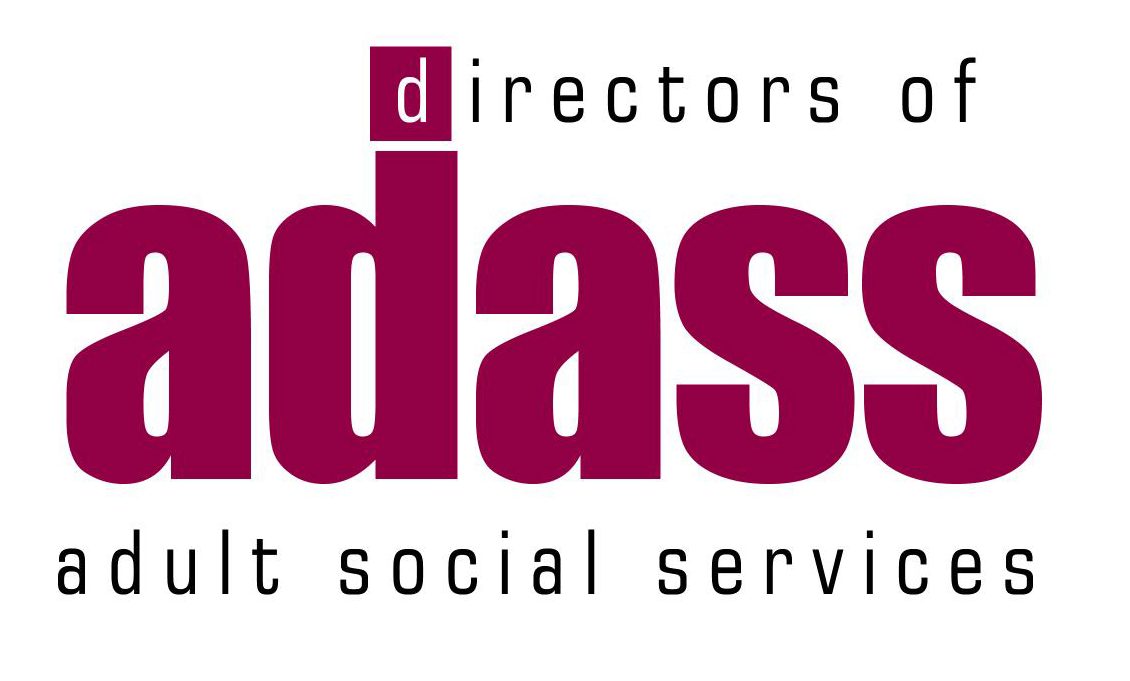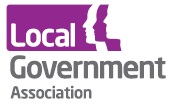This chapter sets out how the safeguarding duty applies to a person who has no recourse to public funds and what additional steps may need to be considered in a safeguarding plan.
7.1 Safeguarding duty
Section 42 of the Care Act 2014 requires a local authority to undertake a safeguarding enquiry when it has reasonable cause to suspect that an adult in its area (whether or not they are ordinarily resident there):
- Has needs for care and support (whether or not the local authority is meeting any of those needs),
- Is experiencing, or at risk of, abuse or neglect, and
- As a result of those care and support needs is unable to protect themselves from either the risk of, or the experience of abuse or neglect.
The local authority must make any necessary enquiries to:
- Determine whether any action should be taken in the adult’s case, including how any accommodation needs may need to be met
- Set out the required action
- Specify who is responsible for each action
A safeguarding enquiry, and any actions to prevent or stop abuse or neglect, can be undertaken regardless of a person’s immigration status.
Schedule 3 of the Nationality, Immigration and Asylum Act 2002 does not prevent the local authority from undertaking a safeguarding enquiry and taking any necessary action to stop abuse or neglect when a person does not have lawful status. For more information about Schedule 3, see section 3.4.
7.2 Victims of domestic abuse and modern slavery
People with no recourse to public funds may be at a heightened risk of domestic abuse or exploitation due to their unsettled immigration status, lack of access to benefits and mainstream housing services, and, for those without any lawful status, a lack of access to lawful employment.
The Care and Support Statutory Guidance specifically references domestic abuse and modern slavery as examples of abuse:
14.17 Local authorities should not limit their view of what constitutes abuse or neglect, as they can take many forms and the circumstances of the individual case should always be considered; although the criteria at paragraph 14.2 [section 42 of the Care Act] will need to be met before the issue is considered as a safeguarding concern. Exploitation, in particular, is a common theme in the following list of the types of abuse and neglect.
…
Domestic violence including:
•psychological
•physical
•sexual
•financial
•emotional abuse
•so called ‘honour’ based violence
…
Modern slavery encompasses:
•slavery
•human trafficking
•forced labour and domestic servitude.
•traffickers and slave masters using whatever means they have at their disposal to coerce, deceive and force individuals into a life of abuse, servitude and inhumane treatment
When a person is identified as being a victim of domestic abuse or modern slavery the local authority must consider whether the person meets the criteria that triggers a safeguarding concern.
When a person is identified as being a potential victim of trafficking or modern slavery, the local authority must notify the National Referral Mechanism (NRM). For more information, see the Government’s National Referral Mechanism guidance: adult (England and Wales).
7.3 Meeting accommodation needs
When a person has no recourse to public funds, the safeguarding plan must consider how their accommodation needs can be met if they are destitute, experiencing homelessness, or are living in an unsafe situation.
To determine the person’s accommodation options, it may be necessary to undertake one or more of the following steps:
- Make a referral to the housing authority to determine whether the person is eligible for homelessness assistance under Part VII of the Housing Act 1996. For more information about the duty to refer, see section 6.1.2.
- Undertake a needs assessment to determine whether accommodation can be provided under the Care Act 2014 under section 18 (duty to meet care and support needs) or section 19(1) (power to meet non-eligible care and support needs). For more information about eligibility for care and support, see chapter 4.
- Identify whether accommodation is available through the NRM (if a referral has been made) or from the Home Office (if the person has previously claimed asylum)
- If the person does not qualify for support from adult social care, the NRM, or Home Office, make a referral to the housing authority or rough sleeper outreach team to find out whether any discretionary powers enable the local authority to provide shelter. For more information about local authority support, see chapter 12.
- Identify whether specialist support may be available from the voluntary sector, such as the Support for Migrant Victims Scheme for people with no recourse to public funds experiencing domestic abuse.
When a person presents with an appearance of need, emergency accommodation can be provided under section 19(3) of the Care Act pending the outcome of a needs assessment. A formal diagnosis of a medical condition is not required to demonstrate that a person has an appearance of need. A person who has been subjected to domestic abuse, trafficking, or modern slavery may experience health or mental health problems that have not been diagnosed, so in many cases medical evidence may not be readily available. For more information about meeting urgent needs, see section 3.3.

